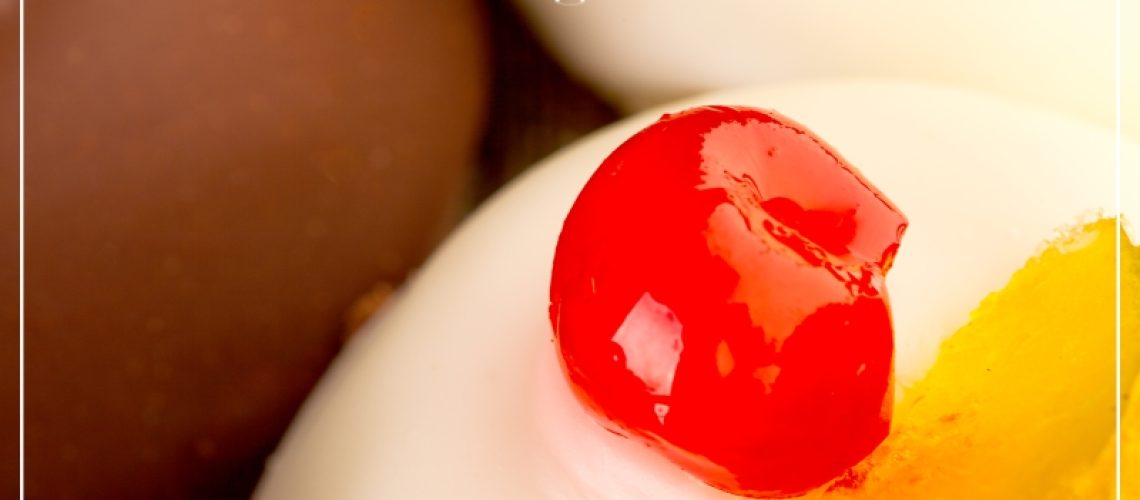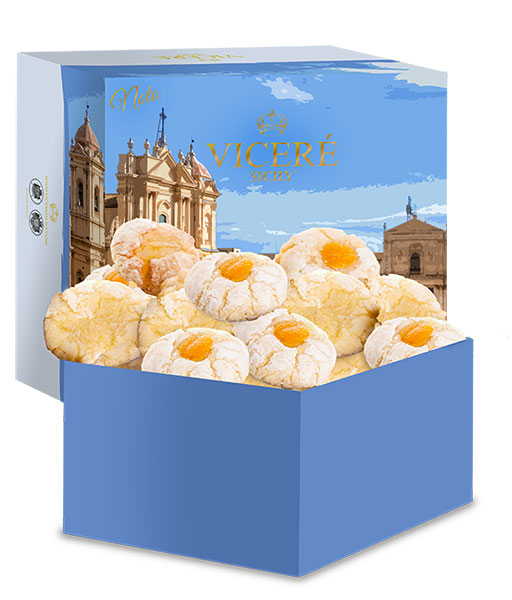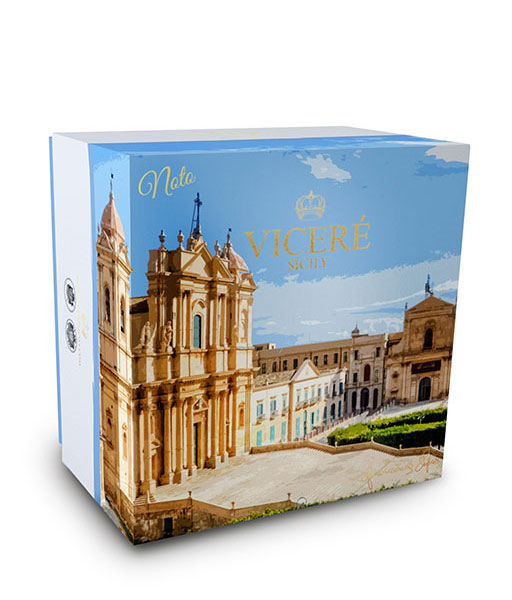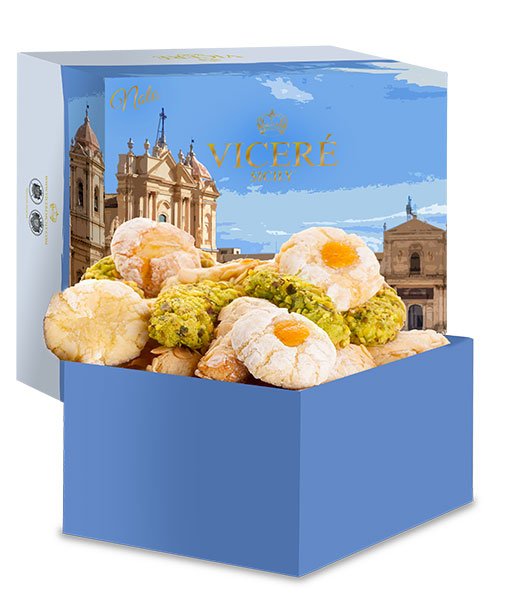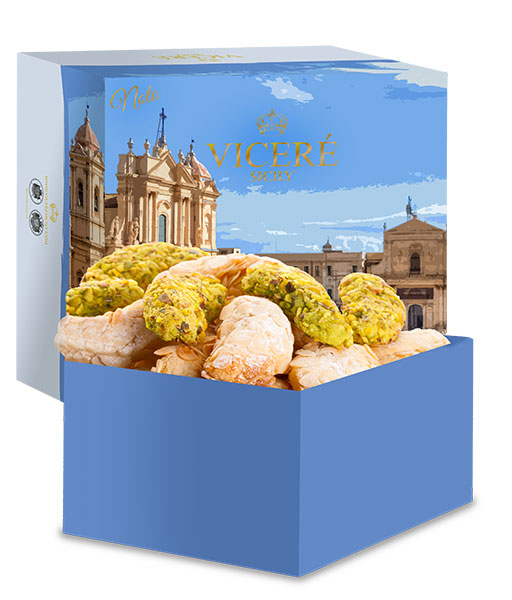Among the most important typical sweets of the feast day of St. Agatha are the cassatelle and olivette
Sicily preserves the importance of traditions rooted in history and religion; The feast day of St. Agatha is deeply felt by devoted people, not only from a religious viewpoint.
Among the most important typical sweets of the feast day of St. Agatha are the cassatelle and olivette. Defined according to the local dialect as Cassateddi of Sant’Ajita or minni di Vergini, they are actually a small version of the typical Sicilian cassata. Cassatelle are made of sponge cake, soaked in rosolio liqueur, filled with sheep ricotta cheese, sweetened and added with candied fruit and chocolate drops as a final touch. With a topping of sugar glaze and a cherry right in the center, this dessert pays homage to the martyrdom of St. Agatha, who also had her breast mutilated
The other typical sweets of the feast day of St. Agatha, similar in shape to cassatelle, are the olivette di St. Agatha, also called aliveddi ri Sant’Aita, which are coated with chocolate or sugar and then by a bright green almond paste. The quality of raw materials is a key factor, and it is no coincidence that our company opts for local producers, able to guarantee proper traceability of the organic food provided.
The ingredients used for the typical sweets of the feast day of St. Agatha are very delicate and of the highest quality
The ingredients used for the typical sweets of the feast day of St. Agatha are very delicate and of the highest quality; in particular, the ricotta that is produced in Sicily has many properties. As a traditional Italian agri-food product, Sicilian ricotta cheese is preserved through the PAT (Prodotto Agroalimentare Tradizionale) label. Established by the Ministry of Agricultural, Food and Forestry Policies, the PAT list also includes Sicilian ricotta cheese, acknowledging the excellence of this product, and tracing its origin.
Furthermore, the candied fruit used to make the cassatelle of St. Agatha represent another tasty gift provided by our territory, whose origins date back to the Baroque period.
Anciently under the reign of the Arab, Sicily owes the birth of the delicious citrus peel to the East; in fact, the Arabic name “qandi” indicated the sugar cane juice employed for the preservation of fruits and flowers, destined to be transformed into sweets. The delicious branded peels are one of the main products of Viceré Sicily.
Religious tradition and culture in Sicily, once again, intertwine to give life to ancient and never faded flavours, well established in the land from which they originate.
Viceré Sicily, a symbol of quality, represents the uniqueness of our land, promoting Sicily and making it known in every corner of the world.
